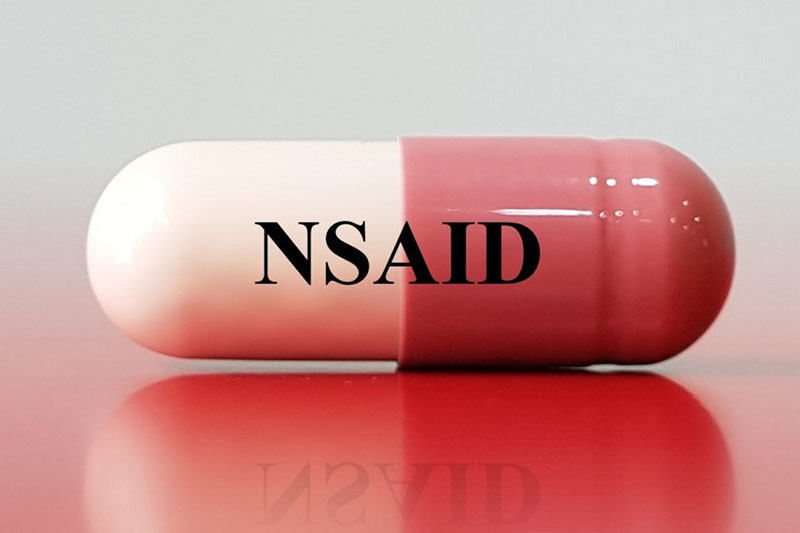What Do NSAIDs Do To Your Gut?!

Are you a person that takes Pain killers for any common cold symptoms, aches or pains, or headaches that you experience? If you do, then this post is totally for you.
What is NSAIDs?
Nonsteroidal anti-inflammatory drugs are a group of drugs that are prescribed to reduce the pain and inflammation of arthritis. Some of these drugs require a prescription, while others are available without one (over-the-counter or OTC).
Impact of NSAIDs: Gastrointestinal system
Gastrointestinal symptoms are the most common side effects of NSAIDs. They are most likely to be stomach irritation and the sensations known as “heart burn” (which has nothing to do with your heart). In severe cases, NSAIDs can irritate the lining of your stomach so that an ulcer (a small erosion) forms. In the worst cases, such an erosion can lead to internal bleeding, which may be life-threatening. Perforation, meaning a “hole” in the stomach, can also occur in rare cases. This is an urgent problem requiring prompt medical attention.
Leaky Gut
Leaky gut or intestinal permeability allows undigested food particles, viruses, and pathogens to enter the bloodstream, which in turn causes an immune reaction and inflammation in our body. This can again contribute to many different symptoms from headaches to digestive issues to chronic pain, and so on. In addition to damaging the gut lining, it can also exacerbate symptoms of inflammatory bowel disease and can contribute to colitis which can resemble inflammatory bowel disease. Older individuals are at higher risk, but it can affect anyone.
How to safely use NSAIDs and reduce their side effects?
- Follow the prescriber instructions (Doctor).
- Use short term only. The FDA advises that over-the-counter NSAIDs be taken only for 10 days or so.
- Take with food and water. Taking painkillers with a glass of water and a bit of food seems to ease stomach upsets
- Change time of day. Taking a NSAID in the afternoon or evening sometimes eases stomach upsets
- See a doctor for persistent pain. If you need extended relief for ongoing pain, get yourself to a doctor
As a summary:
- Figure out why you’re having pain, headaches, or any other symptoms. I would recommend seeking out a rehabilitation professional, functional medicine practitioner, or dietitian to determine why you’re having headaches, chronic pain, or chronic sickness. This will help you address the root of the problem, the chronic injury cycle, and the chronic medical cycle that you’re going through, so that you don’t need to mask it with something that is negatively impacting your gut health,
- Remember, 70 to 80 percent of our immune system is in your gut, so every time you take a NSAID, you can be impacting your immune system and your ability to regulate your mood and emotions. Ninety percent of our serotonin, “our feel-good neurotransmitter” is in our gut.
- So, next time you want to take a NSAID think about all this information and how it could make your health worse, not better. You might feel better in that moment, but overtime it can take a huge toll on your body. There are many other options to getting yourself back to a pain-free, healthy life.
Are you ready to feel great again? Reach out to us so we could help you to get the best instructions to solve your problem.
